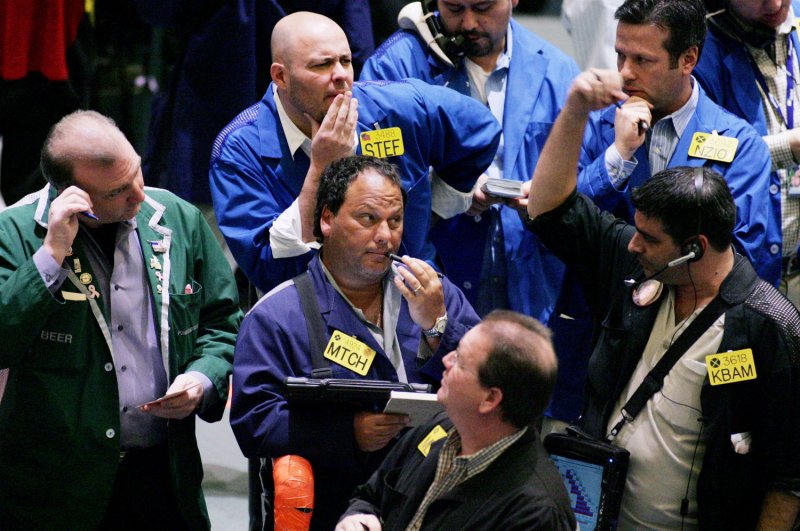Oil prices were elevated Monday as tensions heated up between the United States and Iran, the third-largest oil producer in OPEC. File Photo by Monika Graff/UPI |
License Photo
July 23 (UPI) -- A flare-up in U.S.-Iranian tensions, coupled with a work stoppage in the North Sea, sent crude oil prices higher Monday ahead of the start of U.S. trading.
In an apparent response to a warning from Iranian President Hassan Rouhani of the "mother of all wars," U.S. President Donald Trump took to Twitter at around 11 p.m. EDT Sunday to state that Tehran would "suffer consequences the likes of which few throughout history have ever suffered before" should provocation continue.
The messaging is significant to oil markets because Iran is the third-largest oil producer in the Organization of Petroleum Exporting Countries, but faces isolation because of U.S. sanctions that go into force in November. Iran has warned that if its oil exports are blocked, it would work to prevent all oil flowing through the Straits of Hormuz, a choke point for maritime deliveries.
Joe McMonigle, a senior energy analyst at Hedgeye Risk Management, told UPI the U.S. president has been consistent with his pressure on Iran even before backing out of the multilateral nuclear agreement in May.
"Many are focused alone on Trump's tweet but Rouhani's comments are not isolated. Various elements in Iran have also used more overt comments with threats on Hormuz oil shipments," McMonigle said. "This rhetoric was bound to get Trump's attention, and as a result, it may get hot in August for oil markets."
Elsewhere, labor union Unite announced a 24-hour work stoppage at three North Sea platforms operated by French supermajor Total in the North Sea. As of Monday, the union said it was calling for a continuous ban on overtime in protest of wages and working conditions.
The price for Brent crude oil, the global benchmark for the price of oil, was up 0.66 percent as of 9:20 a.m. EDT to $73.55 per barrel. West Texas Intermediate, the U.S. benchmark, was up 0.72 percent to $68.75 per barrel.
Brent was at one point up more than 1.3 percent ahead of the start of U.S. trading.
The increase in the price of oil followed a weekend meeting of ministers from the G20 in Buenos Aires. Addressing the forum, International Monetary Fund Managing Director Christine Lagarde said that global trade tensions were cause for concern.
"Indeed, the world economy is facing increasing risks, especially in the short term, from rising trade tensions, financial pressures in vulnerable emerging economies, and the return of sovereign risk in parts of the euro area," she said in her prepared remarks.
Italian and British political movements have unsettled markets. Trade tensions, meanwhile, have diminished growth expectations. Last week, the Federal Reserve Bank of Dallas warned the regional economy was likely to slow down in the second half of 2018.















